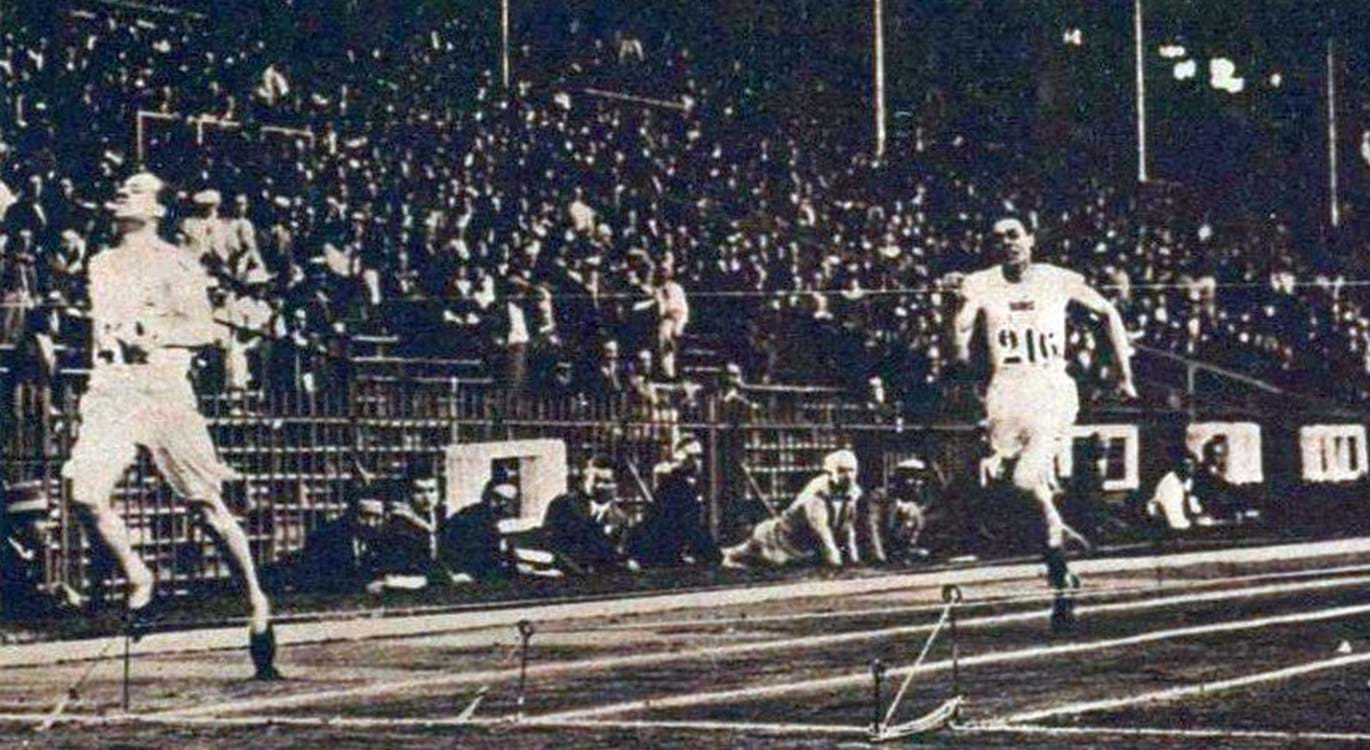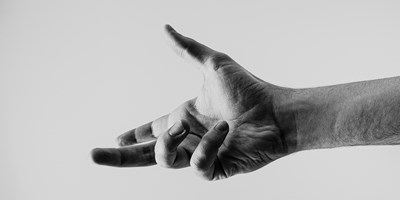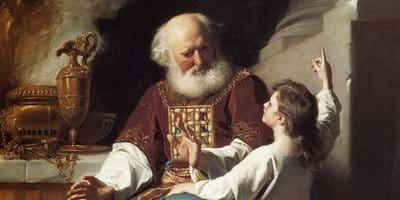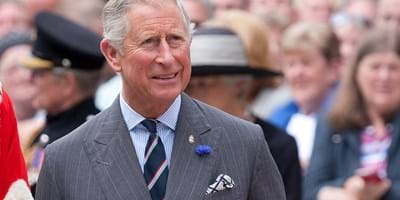As I observe the skill of the Olympiads it causes me to think that God has given mankind a huge range of abilities. Although all of them would have been blessed with “natural talent” in their chosen sport they would also have made tremendous sacrifices to participate at the Games.
“Who is the greatest Olympian?” is a subjective question that would raise a large variety of answers. For me, the answer is “Eric Liddell”, the world-class athlete who demonstrated that there was something more satisfying than winning an Olympic gold medal. He once said, “I put before you what I have found to be the best – One who is worthy of all our devotion – Jesus Christ.”
Eric’s parents were Christian missionaries who served in Northern China. Eric was born in China in January 1902 but at a young age was sent to boarding school in south London. In 1920 he commenced studies in Pure Science at Edinburgh University, where his reputation as an athlete grew. In 1923 he won the 100-yard and 220-yard races at the Amateur Athletics Association championships. In the 100-yard race he set a British record of 9.7 seconds which stood for 23 years. His training was building towards the 100-metres at the 1924 Paris Olympics. He had a great opportunity to win an Olympic gold medal.
The events surrounding Eric’s participation in the Paris Olympics are the subject of the 1981 Oscar-winning film “Chariots of Fire” but one of the mistakes in this film is the timing of Eric’s announcement that he would not run in the heats of the 100-metres. The athletics schedule was published months before the games and when Eric found out that the heats for the 100-metres were scheduled for a Sunday, he informed the authorities that he would not run on that day.
Eric’s strong convictions meant that he regarded Sunday as the “Sabbath”, a day set aside by God for rest and worship rather than recreation or work. Eric loved running, but he knew his ability was a gift from God that should be used for His glory and honour. He loved the Giver of all good gifts more than the gift itself. To love the gift more than God would be idolatry.
As a young man Eric had learnt the bad news that every individual is, by nature, separated from God due to their sin. He had understood that he needed a saviour, someone to save him from God’s eternal judgment for his sin and to reconcile him to God. He had heard the wonderful news that God Himself has provided a Saviour, His Son Jesus Christ.
“who Himself bore our sins in His own body on the tree, that we, having died to sins, might live for righteousness” (1 Peter 2:24).
Eric had trusted in Jesus Christ and confessed that He was his Lord and Saviour, and this relationship with Christ continued to guide every aspect of his life.
Despite the national media calling him a “disgrace” and “a traitor” Eric would not move from his biblical convictions. Asked about Eric’s choice to not race on a Sunday, a close friend said, “That decision there was no hope of changing. It was based on principles from which he never deviated a hair’s breadth”.
The selection committee could not convince the Olympic authorities to change the schedule, so Eric was selected for the 200-metres and the 400-metres. Although Eric’s times were good in these events, they were slower than a few other athletes.
Nevertheless, Eric trained hard. He reached the final of the 200-metres and won a bronze medal. But it is the final of the 400-metres that is best remembered. In a breath-taking race, he sprinted into an early lead and held on to win a gold medal, setting a European record that stood for 12 years.
The national media, that had previously lambasted him, now praised him.
However, Eric did not get swept up with national acclaim and praise. “It has been a wonderful experience to compete in the Olympic Games and to bring home a gold medal,” he said later. “But since I have been a young lad, I have had my eyes on a different prize. You see, each one of us is in a greater race than any I have run in Paris, and this race ends when God gives out the medals” (Christianity.org.uk).
Just one year later he left the life of fame behind. God had called Eric to serve Him in Northern China, so he packed his gold medal away and in obedience to God’s call went to work and live in Northern China for 20 years. Eric taught the truth about the Lord Jesus Christ and showed God’s love in deeds of kindness.
China was a dangerous place to live. By the late 1930s Japanese aggression increased and in 1941 the British government advised British nationals to leave. Eric sent his family (his pregnant wife Florence and two daughters) to Canada, but he stayed on, helping in any way that he could. However, in 1943 he was detained in a civilian internment camp. Eric’s service for God continued in this camp as he served others, helping the vulnerable and teaching children. Unfortunately, from a human point of view, Eric developed an inoperable brain tumour and died in the camp in February 1945. He had departed into the presence of Jesus Christ, His Lord and Saviour.
Eric Liddell’s life and purpose can be summarised with 3 Cs; confession, conviction and calling. He confessed Jesus as Lord and Saviour, stood firm on biblical convictions, and knew God’s calling on his life.
Will you run the race that Eric has run, and millions of others are running still? There is something greater than gold.
Image source: commons.wikimedia.org
































